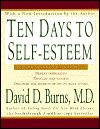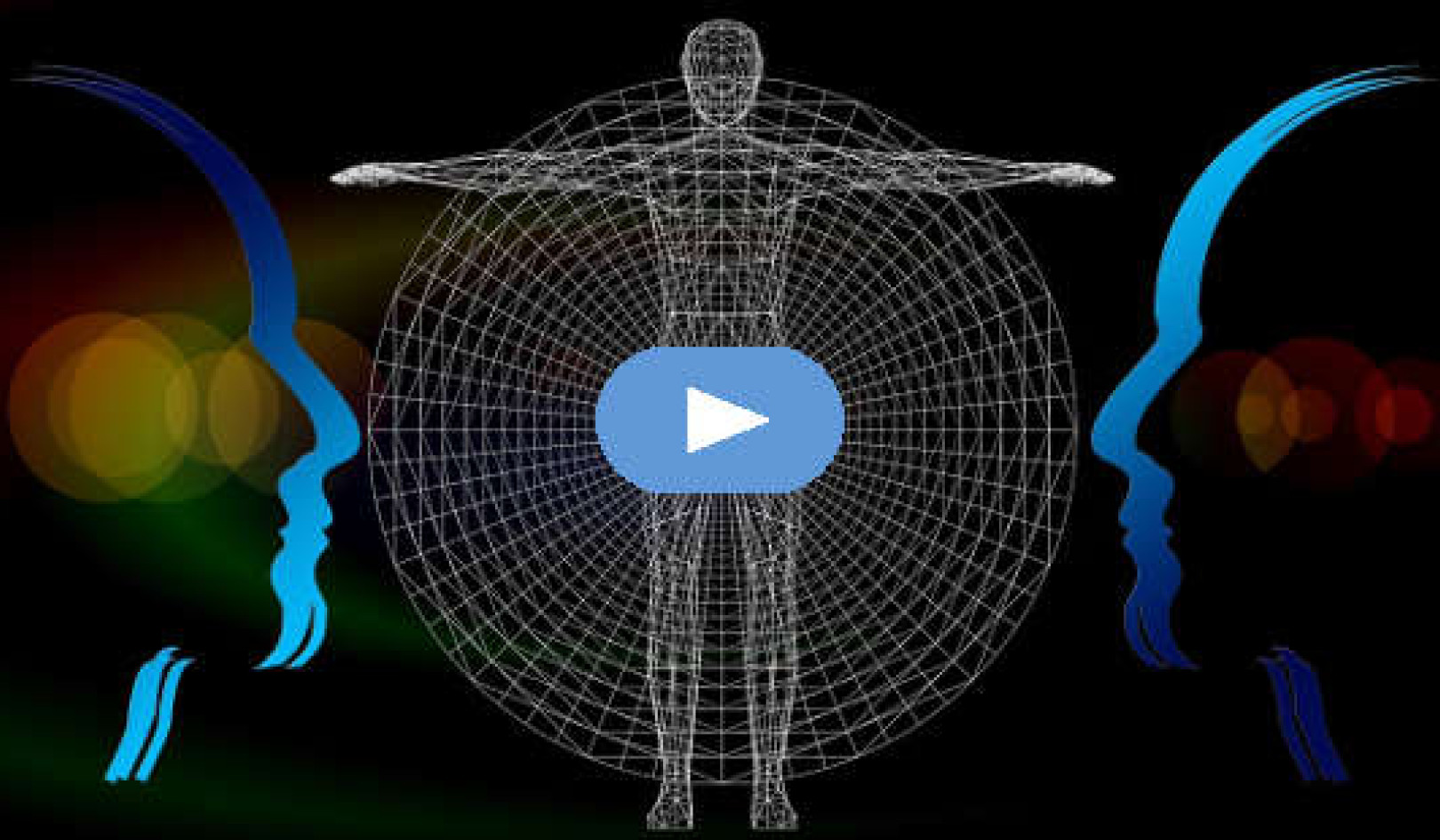
Very little can be accomplished in metaphysics if one doesn't have a healthy self image and sense of self esteem. This is due to the fact that a metaphysical treatment must have a target. Whether you're using affirmations, visualizations or meditation, there must be a focus for the results. That means you. You, your life, your affairs are all what is supposed to be the receiving area of your metaphysical intent (unless you're doing a treatment for someone else).
Metaphysical treatment is as good as the beliefs which are supporting it. If the belief includes concepts such as "I really don't deserve this", "I'll ruin it if I get it anyway", or "Who would care if I do well?" this will reflect in the quality of the manifestation. If you are having difficulties with manifestation of your metaphysical treatments, this is the most likely reason why.
We all have the instinct of believing well of ourselves. This may be buried, repressed, oppressed or suppressed, but it still exists. There may be gender considerations of worthiness and both genders can have their own version of this. We may have instigated self-fulfilling prophecies, which ensure that we attract humiliating or disappointing circumstances. This is the key point; we will attract to us the circumstances which reinforce our sense of self worth, whether it's good or bad.
The Argumentative Technique
The most useful technique for increasing self esteem is to talk oneself into it. This is called the argumentative technique. You should come up with counter-arguments against low self esteem, just as if you were participating in a debate.
This can be a very down and dirty process and it's pretty much no holds barred. Using every argument at your disposal, you counter the thoughts, concepts, and emotions, which are currently convinced that you aren't worth much. Pull out examples from your past when you've exhibited your value and use them in this argument. Ridicule the opposition. Poke holes in its logic.
Use of the argumentative technique demands that you refuse to be convinced of the opposing side's position. It may use deep emotion in its counter-attacks. This can include depression, despair of ever being good enough, fear of arrogance... the list can go on and on.
This is knee-jerk conditioning fighting back. This part of the self really isn't very intelligent. It can only repeat by rote what it's been told by you and by others. It is also capable of translating what it's been told into emotion. It just isn't reasonable to allow oneself to be persuaded by an automaton of the mind. It's primarily your input which gives it information; therefore you are quite capable of altering the programming.
A Highly Addictive Habit
Negative self esteem is a habit, a highly addictive habit. I suspect this is because it is accompanied by a sensation of energy plowing into the Self. When we feel that we cannot be open to positive input of emotional sensation, any sensation will do.
The majority of this emotional energy is anger. Anger at the Self for being worthless, stupid, incompetent, etc. This anger has a wrong target. The Self is none of these things. However, the conditioning, which created the condition, is. In your argument, this gives you further ammunition to break the habit of negative self esteem. Perhaps you can see what an enemy to your well- being this is, and have a greater willingness to defeat it.
There is nothing good or worthwhile about having a low opinion of oneself. In metaphysics, it can be disastrous. This is because while one is exploring the uses of metaphysics, power automatically grows in the area. If one has a poor self image, the power can turn against you.
For example, perhaps you are visualizing a lovely romantic relationship. If you are not in good shape, you may very easily attract someone who will complement these negative ideas about the Self, reinforcing them. Your metaphysical power has increased (you did attract a romantic relationship) but you may have been better off without the manifestation.
A Natural State of Being
Having a positive self image is sometimes frowned upon in certain belief systems. Labels such as pride, arrogance, and conceit can sometimes cause us to consciously impose a more negative view of ourselves than is warranted.
A handy way that I've found to view this sort of situation is to look at our essential nature. Who are we? As with a plant, such as a rosebush, is it concerned with other's opinions of its beauty? Or is it simply being itself?
My conclusion is that having a positive self image is a natural function of the psyche. It needn't inflict its "rightness" on others, nor does it have to attempt to diminish anyone else. The Self does have the right to be itself however, and to be it well.
I've also noticed that positive self esteem improves one's health, sociability, and general attitude towards life. In my opinion, this indicates that self esteem is a natural state of being, growing, and flourishing. One can notice if this is contradicted in your arguments and pay special heed to it.
If part of your psyche is demanding that you be unhealthy, unsociable, and negative towards life, does this really seem reasonable? Perhaps you could take a hard look at this approach and see how foolish it actually is. Please don't take this as an implication that you are foolish, just that the idea is. When you examine the premise carefully, you may see that it simply lacks validity.
Self Punishment?
Self punishment is often the "reason" behind a poor level of self esteem. This occurs when we attempt to hold onto guilt for a past mistake in order to avoid repeating it. This isn't reasonable either. How much of one's life must be shattered in order to remember to avoid a single error?
Even supposing that you didn't remember to avoid that particular situation which you're trying to avoid, wouldn't it be advantageous to be in better shape to deal with it? With increased self esteem, the original situation is unlikely to reoccur.
Productive Metaphysical Work
Increased self esteem is an invaluable asset to productive metaphysical work. The confidence which accompanies this mindset enables a more "direct line" manifestation of our goals as well as opening us to inspiration and enlightenment.
This is due to the fact that most of us can feel that an "unworthy" individual isn't entitled to extra good in their lives. If we place ourselves in this category, obviously we inhibit our good. Conversely if we can deem ourselves worthy of additional good, we can allow ourselves to have it.
Related Book:
Ten Days to Self-Esteem
by David D. Burns.
You can enjoy greater happiness, productivity, and intimacy—without drugs or lengthy therapy. Can a self-help book do all this? Studies show that two thirds of depressed readers of Dr. Burns's classic bestseller, Feeling Good: The New Mood Therapy, experienced dramatic felief in just four weeks without psychotherapy or antidepressant medications. Three-year follow-up studies revealed that readers did not relapse but continued to enjoy their positive outlook. Ten Days to Self-esteem offers a powerful new tool that provides hope and healing in ten easy steps. The methods are based on common sense and are not difficult to apply. Research shows that they really work!
Click here for more info and/or to order this book. Also available as a Kindle edition.
Related Books
About The Author
 Jeri Noble has been a professional counselor for over 25 years in a variety of modalities. These include Past Life regression, astrology, and rebirthing. Jeri lives with her life partner Tom, (that's right, Tom and Jeri) and their dog Silky in Sedona, Arizona. She spends much of her free time hiking and gardening. An avid bookworm and writer, Jeri produces 4 weekly columns plus an original weekly article for her website, Circles of Light. http://circlesoflight.com
Jeri Noble has been a professional counselor for over 25 years in a variety of modalities. These include Past Life regression, astrology, and rebirthing. Jeri lives with her life partner Tom, (that's right, Tom and Jeri) and their dog Silky in Sedona, Arizona. She spends much of her free time hiking and gardening. An avid bookworm and writer, Jeri produces 4 weekly columns plus an original weekly article for her website, Circles of Light. http://circlesoflight.com























